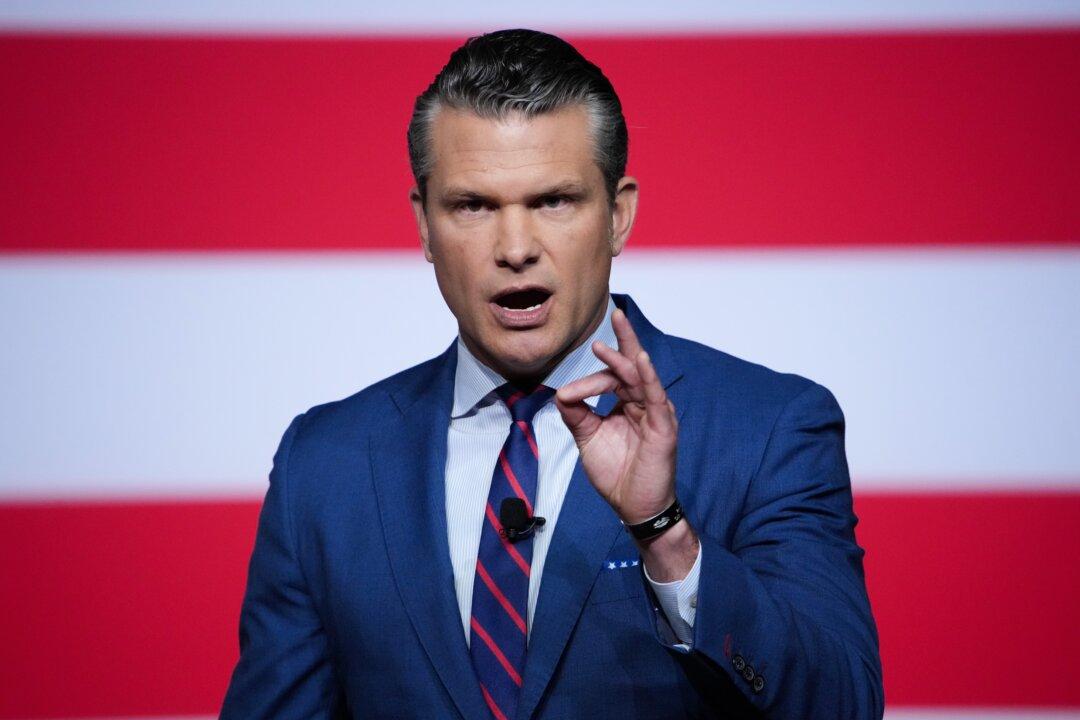OECD Secretary General Angel Gurría is calling on governments around the world to take a broad, long term view with “core climate policies” to redirect energy investments and accelerate innovation in order to reduce greenhouse gas emissions. According to its website, the Organisation for Economic Co-operation and Development (OECD) promotes policies that will improve the economic and social well-being of people around the world.
In a climate change lecture earlier this month, the OECD head warned that fossil fuels would continue to dominate as long as we are “without concerted climate policies.”
“We need strong, credible and predictable climate policies,” such as the elimination of subsidies, to get rid of consumers’ dependence on fossil fuels, Gurría said.





